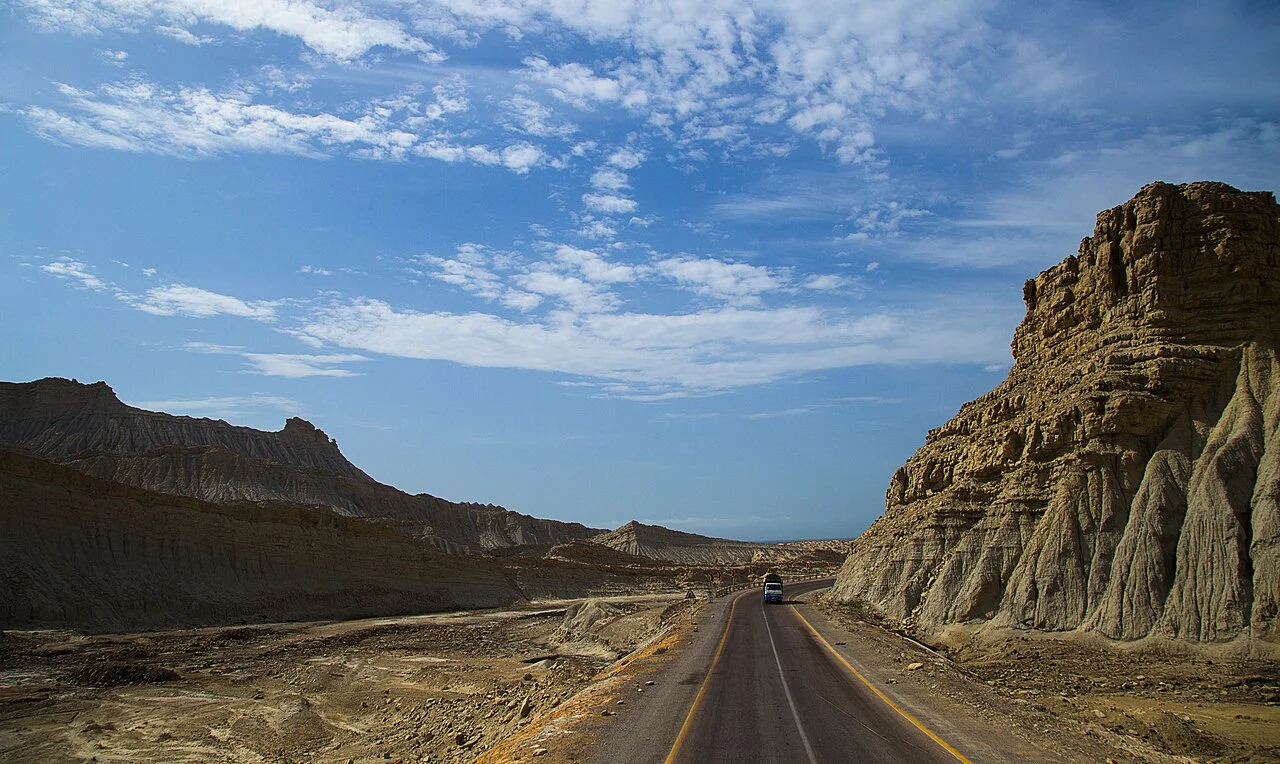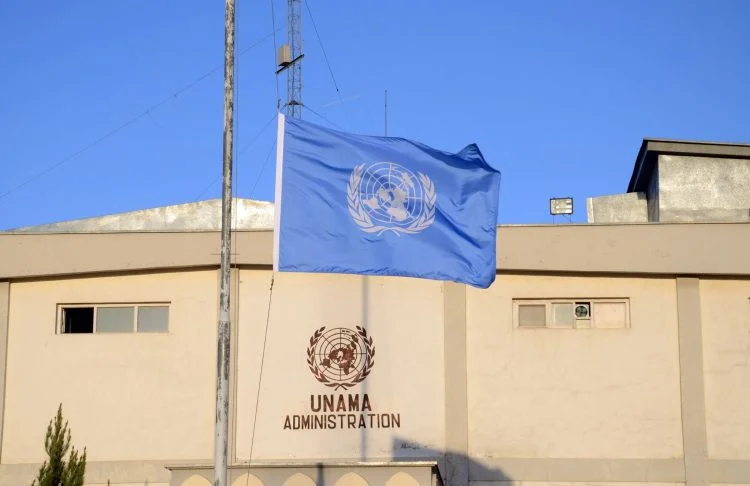
What Was Different This Time? Pakistan-Afghanistan Skirmishes on the Pak-Afghan border
What changed in the Feb 26 Pak-Afghan clashes? From restraint to calibrated force, Pakistan signaled a tougher, proactive border doctrine.

What changed in the Feb 26 Pak-Afghan clashes? From restraint to calibrated force, Pakistan signaled a tougher, proactive border doctrine.
![Deconstructing the Deprivation Myth; How Balochistan’s Underdevelopment Became a Political Instrument Truck traveling along the Makran Coastal Highway in Balochistan, with rugged cliffs and the Arabian Sea coastline in the background [Image via Getty Images].](https://southasiatimes.org/wp-content/uploads/2026/02/Balochistan-2.webp)
For decades, Balochistan’s underdevelopment has been framed as a story of federal neglect. But does the data support that claim?

Al Jazeera’s portrayal of TTP militants as “fighters” raises concerns over journalistic bias and counterterrorism framing.

Analysis of Balochistan’s security landscape, where militancy exploits socio-economic grievances even as CPEC-driven investments seek stability through infrastructure, education, and connectivity.

For more than five decades the Pakistan Atomic Energy Commission has developed a nationwide network of twenty Atomic Energy Cancer Hospitals, the recent one constructed in Muzaffarabad, Azad Jammu and Kashmir. These hospitals treat over 40,000 new cancer patients every year where around one million cancer-related procedures performed annually. Together, they treat approximately 80 percent of the country’s cancer burden.

UNAMA’s October–December 2025 report on cross-border civilian casualties presents a narrowly framed humanitarian narrative that isolates consequences from causes, overlooking the entrenched terrorist infrastructure operating from Afghanistan and its direct role in destabilizing Pakistan.

US support for Pakistan following Balochistan violence reframes the conflict as a global counter-terrorism challenge, not a separatist struggle.

For years, the World War I memorial near Rehara village stood quietly above the surrounding land, a small but enduring reminder of local soldiers who

Zalmay Khalilzad’s recent tweets portray Pakistan as collapsing, criticizing counterterrorism operations while ignoring the real drivers of instability in Balochistan: foreign-backed terrorism, criminal networks, and the civilian and security force toll. By conflating state action with militancy, he misrepresents ground realities and obscures the failures of his own Afghan diplomacy. This commentary exposes the gap between his rhetoric and Pakistan’s efforts to maintain law, order, and development under complex security challenges.

Israel and India’s active support for Baloch militias confirms Pakistan’s long-standing concerns about foreign interference. Through proxy insurgency and narrative campaigns, external actors seek to destabilize Balochistan, undermine Pakistan’s internal security, and disrupt regional connectivity.